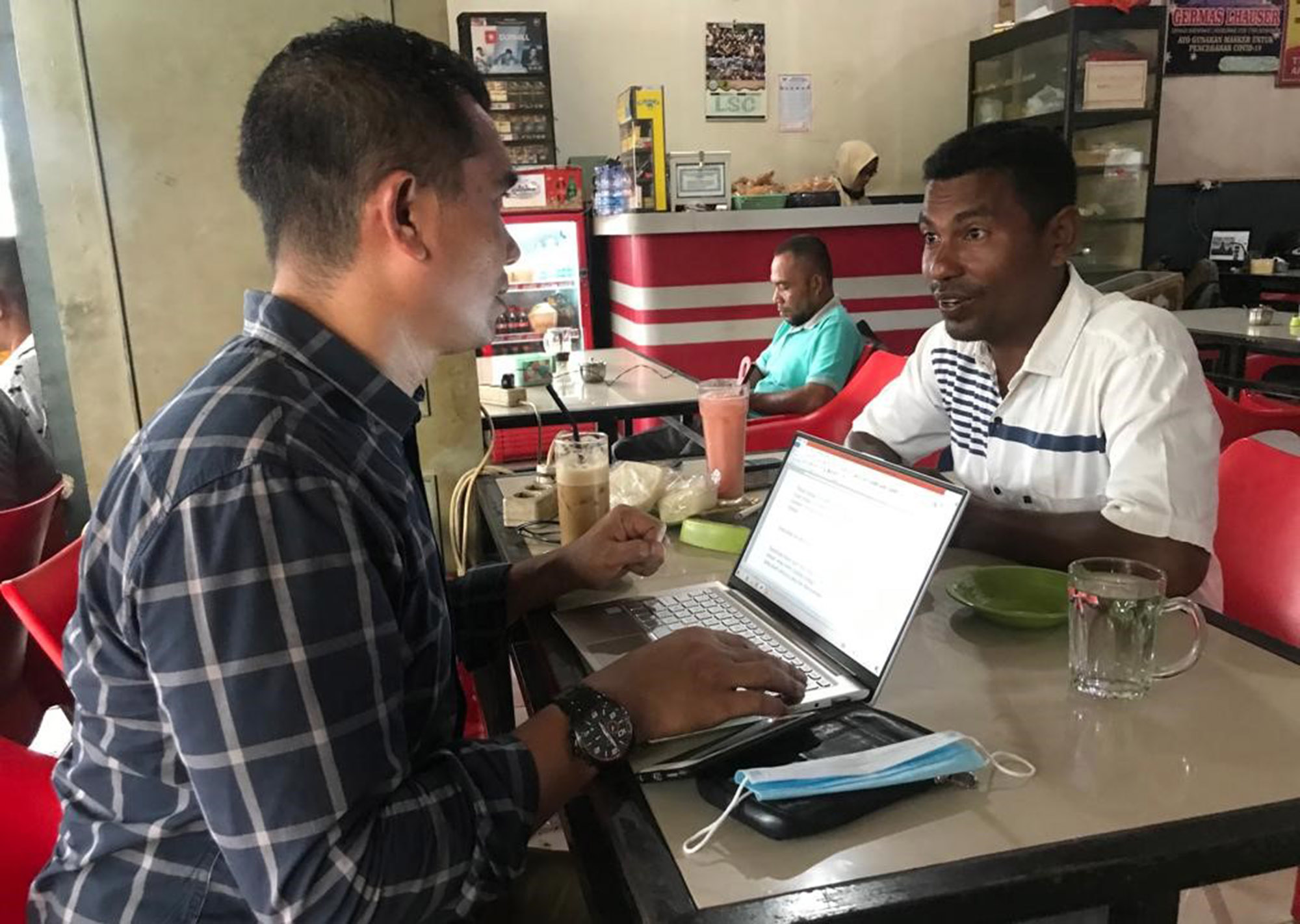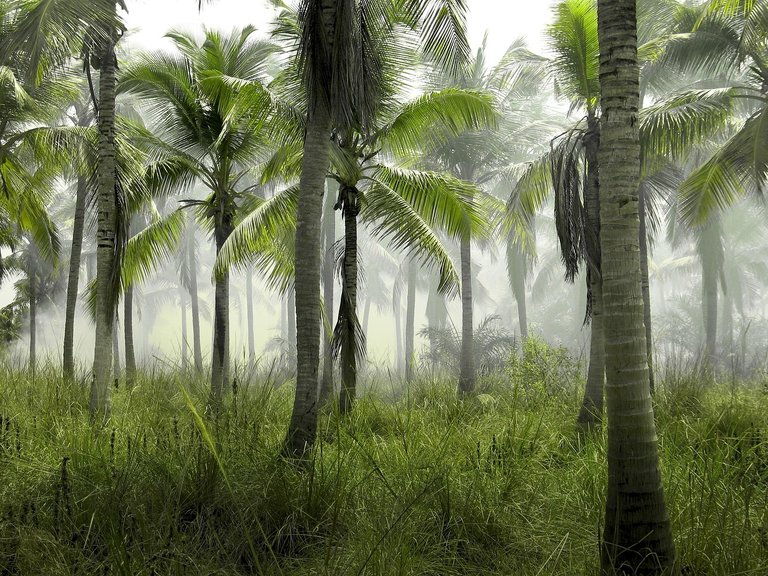Many Palm Oil Companies Operate Without Permits, Impacts in Various Fields |
Some time ago Indonesian people were shocked by the news about 23 palm oil plantation companies in Aceh operating without having a Right to Cultivate or in Indonesia abbreviated as HGU. This case has a wide impact from various sides, the legal environment, economy, and socio-culture. All parties, even the companies themselves, in the long term bear the consequences of the violation.
The freedom of dozens of companies to operate without permits proves that there is something wrong with the licensing, supervision, and legal procedures in our country. This further strengthens the belief that everything can be regulated with money. The law has not and probably will never be the commander in chief in Indonesia, including in Aceh. This is not a skeptical attitude, but rather a reality that is seen in the life of the nation and state.
Companies dare to violate the rules because they are aware that they will not receive severe sanctions for their violation of the law. Even if there are sanctions later, in a short time, they can continue operations by outsmarting or ignoring all existing regulations.
The operation of a palm oil company without HGU is an illegal act that can be subject to administrative and criminal sanctions. The government can seal the company's operations, revoke business licenses or blacklist the company and its owners. If necessary, announce it to the public to create a deterrent effect. Furthermore, the assets they own are confiscated for the state.
Such bold actions are what the public is waiting for, both from the government and law enforcement. In every case of defiance of administration and law, the government seems less responsive and even tends to ignore it, so that various suspicions arise among the public. Confirmation from the media crew is often not responded to well.
The government's attitude should not have to wait for the case to go viral or for there to be demonstrations from the community who are victims. The relevant institutions should already have electronic data so that companies whose HGU is about to expire immediately receive a warning, especially since HGU extensions must be submitted two years before the permit expires. Not even after years of the permit being stale, the government and law enforcement officers have not yet taken action.
The government and law enforcement officers must be honest, brave, and not selective in taking action against naughty companies. These violations also have an impact on the environment such as deforestation and ecosystem damage. Companies without HGU tend not to follow environmental standards that cause loss of biodiversity, soil and water pollution, and land fires that have often occurred and disrupt public health and disrupt flights.
From an economic aspect, not only the surrounding community is harmed by these violations, but also the state which has the potential to lose tax revenue. The investment climate and the good name of the region and the state have the potential to be tarnished in the eyes of the international community. Even with permits, palm oil plantations have been criticized by many environmental observers.
This incident is a momentum for the government and law enforcement officers to act. Do not let such incidents happen again in the future.[]

former guerrilla fighter for the Aceh independence movement in Indonesia who is now a palm oil plantation entrepreneur.

@tipu curate
Upvoted 👌 (Mana: 60/70) Liquid rewards.